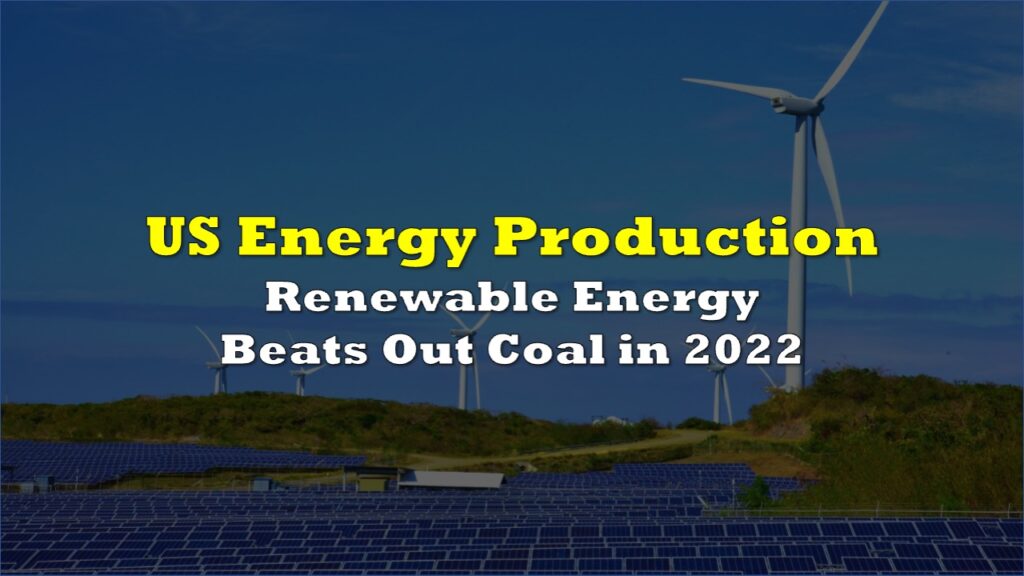European energy giants BP, Shell, and Equinor are scaling back on their ambitious renewable energy plans, opting instead to refocus on traditional oil and gas operations. This pivot comes against a backdrop of global economic pressures, rising costs in renewables, and shifting shareholder demands, reflecting the complexities of navigating the energy transition.
In the past decade, European oil companies positioned themselves as leaders in the global energy transition, pledging billions toward renewable energy. However, the financial challenges of offshore wind projects, supply chain disruptions, and technical hurdles have hindered profitability, forcing these companies to recalibrate their strategies.
BP, under CEO Murray Auchincloss, has made significant changes. The company halted 18 hydrogen projects, reduced its London hydrogen team by over half, and announced plans to divest wind and solar operations. Auchincloss has publicly committed to investing billions in new oil and gas ventures in the U.S. Gulf Coast and the Middle East.
“We need to expect the same level of returns as we do from our historic businesses if we’re going to deploy material capital over time,” he said.
Shell’s CEO Wael Sawan has similarly steered the company away from earlier targets, scaling back low-carbon initiatives, including offshore wind and hydrogen projects, and selling assets such as refineries. These actions align with his stated goal of narrowing the valuation gap with U.S. counterparts like Exxon Mobil and Chevron.
Equinor, Norway’s state-controlled energy firm and a leading supplier of natural gas to Europe, has also reevaluated its renewables strategy. The company’s “REN Adjust” review has led to the cancellation of early-stage projects in favor of more mature ventures, particularly in offshore wind.
A spokesperson for Equinor remarked, “The goal is to strengthen competitiveness and to compete effectively when the industry rebounds after the current down-cycle.”
Energy Transition Challenges
The retreat from renewables highlights the difficult balance between meeting shareholder expectations and advancing climate goals. Rising costs have been a critical factor; offshore wind projects, in particular, have been plagued by inflation and logistical delays. Analysts suggest that without significant governmental incentives or market corrections, these challenges will persist.
France’s TotalEnergies, however, remains an outlier, continuing its robust investment in renewable energy and surpassing its European rivals in installed capacity. While others retreat, TotalEnergies demonstrates that commitment to green energy can yield competitive advantages under the right conditions.
The pullback in renewable investments comes at a critical moment for global climate efforts. The UN’s target to limit global warming to 1.5 degrees Celsius by the end of the century now seems increasingly out of reach. The International Energy Agency recently warned that global oil demand is likely to peak by the end of the decade, emphasizing the urgency of transitioning to sustainable energy sources.
Despite the pivot, European oil companies continue to face skepticism from investors. Their shares have underperformed relative to U.S. counterparts, even as climate-conscious stakeholders voice disapproval of the reduced emphasis on renewables.
The shift underscores the tension within the energy sector: the need to balance immediate profitability with the demands of a sustainable future.
“To make transition plans stick, companies need the right incentives for management, a clear mandate from shareholders, and a focus on demonstrating value,” Rohan Bowater, an analyst at Accela Research, noted.
Executives from BP, Shell, and Equinor maintain that their companies are not abandoning the energy transition entirely. Investments in biofuels and select hydrogen projects, particularly those aimed at reducing emissions in refining operations, remain on the table. However, the industry’s broader commitment to renewables appears more cautious than transformative.
Information for this briefing was found via Reuters and the sources mentioned. The author has no securities or affiliations related to this organization. Not a recommendation to buy or sell. Always do additional research and consult a professional before purchasing a security. The author holds no licenses.









